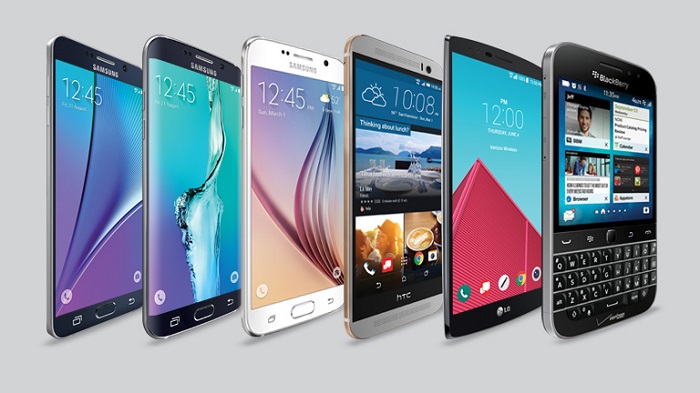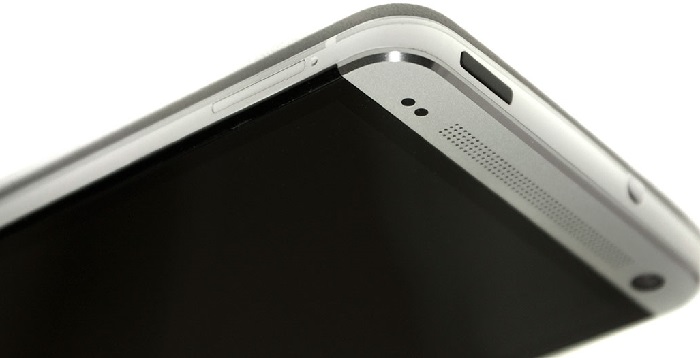Elliptic Labs claims to have developed a software alternative to the hardware-based optical sensors that outfit the front of most smartphones presently on the market.

Also referred to as “proximity sensors”, the primary purpose of this component is to detect when the user is holding the device up to his / her face to make a call. It tells the phone to dim the screen when this happens, so as to ensure the individual’s cheek does not accidentally hang up the call when the face is pressed against the device.
In order to perform this job, the sensor generally requires one rectangular black shape or two large holes near the screen.

Smartphone designers have long wanted to do away with them, but as described above, they’re necessary for the phone to function properly.
The staff at Elliptic Labs, however, believes they have a better solution. Referred to as BEAUTY, the company’s software-only approach re-uses the device’s existing earpiece and microphone to detect the user’s actions, and administer appropriate responses (e.g. dimming the device’s screen). It allows for the same convenient functionality as that which the proximity sensors currently provide, but without the need for any physical hardware sensors.
“We are disrupting this market with a superior software solution,” said Laila Danielsen, CEO of Elliptic Labs. “Our BEAUTY ultrasonic software-only solution replaces and outperforms optical hardware sensors, beautifying mobile design, reducing cost and freeing up physical space inside mobile device. We will see our BEAUTY solution incorporated into phones in 2016.”
The company said there are additional benefits to going with its ultrasound approach: namely, improving upon the shortcomings associated with today’s optical proximity hardware sensors. There have been many documented instances in which these sensors have proven unreliable in certain weather conditions, or in response to variations in hair and skin color.
Worth pointing out — the actual software that BEAUTY is based on is the same ultrasound technology that led to Elliptic Labs being named “Hot Tech Innovator” for 2015 by ABI Research. When demonstrated, it proved capable as an ultrasound-based technology that allowed its user to control electronic devices via hand movements around a screen.
While the obvious next step would be for Elliptic Labs to pair its software with phone manufacturers, the good news is it’s already struck agreements with five smartphone makers — two of which are global brands.
Via EllipticLabs
Advertisement
Learn more about Electronic Products Magazine





